This afternoon, November 4, National Assembly delegates discussed in groups about giving comments on the documents to be submitted to the 14th National Congress of the Party in a frank and constructive spirit. Appreciating the content of the draft documents which have been carefully and scientifically prepared, objectively evaluated and facing the truth, the delegates also pointed out more clearly the limitations and bottlenecks that need to be resolved.
National Assembly Delegate Bui Hoai Son: Need for breakthrough policies to invest in cultural development
According to National Assembly Delegate Bui Hoai Son (Hanoi delegation), Vice Chairman of the National Assembly's Committee on Culture and Society, the content on building and implementing the national value system, cultural value system, family value system and Vietnamese human standards is one of the most important pillars of the draft document. Mr. Son believes that this is the "cultural gene code" of the nation, the spiritual foundation to help strengthen the great solidarity bloc, enhance social resistance, and orient the lifestyle and behavior of Vietnamese people in the era of globalization. The concretization of these value systems right in political reports will help the implementation have a higher level of unity of action.
Also according to delegate Bui Hoai Son, a new point expressed in the drafts and of strategic nature is the development of cultural industry, entertainment industry, heritage economy and cultural services. Mr. Son said that these are areas that affirm national identity while opening up new economic space in the knowledge economy. Culture is not only a "spiritual foundation" but also becomes a driving force for growth, a "pillar of the creative economy", both increasing the proportion of cultural industry in GDP and raising the image of Vietnam in the international arena.
Accordingly, delegate Bui Hoai Son proposed that there should be a breakthrough policy on finance, credit, copyright and investment for cultural creation, especially policies to support cultural enterprises, artists and grassroots cultural institutions. Affirming that only countries that know how to exploit cultural and creative values can develop sustainably, Mr. Son also stated that the upcoming 14th Congress will open an era of development through culture when the vitality of culture is strongly returning in the Party's development thinking.
Delegate Bo Thi Xuan Linh: Need to show more fully the limitations
Appreciating the content of the Document, however, delegate Bo Thi Xuan Linh (Lam Dong delegation) said that the limitations and shortcomings have not been fully expressed and it is necessary to assess the difficulties and limitations in balance with the achieved results.
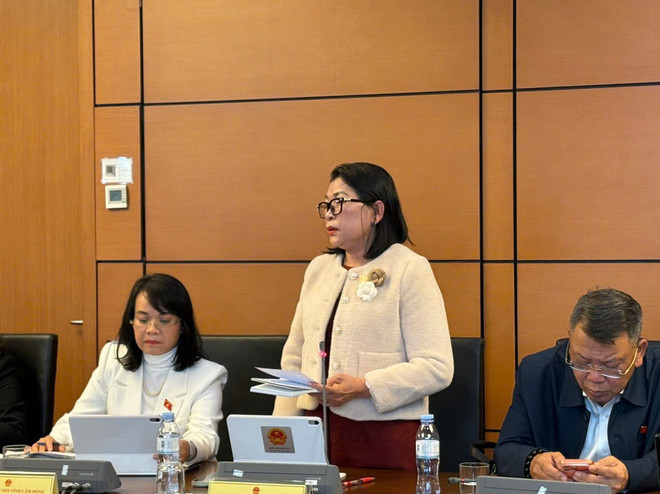
Specifically, regarding economic development, planning and implementation work still overlap, overlap, and are inadequate; traffic congestion is a problem, especially in large cities such as Ho Chi Minh City and Hanoi.
Regarding the removal of obstacles for projects, there are still 3,000 pending projects with a huge amount of 235 billion USD. The problem of public investment disbursement is quite slow. “Although many reasons have been given such as site clearance, raw material prices, planning..., I suggest that it needs to be clarified to have a good solution,” said delegate Bo Thi Xuan Linh.
According to Ms. Linh, one content that has not been mentioned in the report is that the coordination in implementing the national target program, especially the program for developing ethnic minorities in mountainous areas, is not closely coordinated, each unit does it on its own, leading to overlap in implementation content, causing waste of resources while the money to invest in specific projects has not reached the right place, for example, only 60 million to build a house is not enough. Accordingly, Ms. Linh thinks that projects should not be spread out, making the investment level per project very low. The implementation of a two-level government, currently does not have enough facilities to have a centralized government, and the headquarters are scattered, making it very difficult for people to travel to do procedures.
According to Ms. Linh, the existing part states that the monitoring and social criticism activities of the front and mass organizations are not of high quality. Ms. Linh recommends reviewing this assessment appropriately because in the past, this work has been implemented quite well in localities, including the old Lam Dong province.
Delegate Bo Thi Xuan Linh also suggested that in the coming time, more attention should be paid to training, fostering, planning, and appointing female cadres, especially female cadres from ethnic minorities, to develop and further enhance the position, potential, and strength of women in building and developing the country.
“I am also concerned about the 10% annual growth target, how to achieve this target, especially in the context of increasingly complex natural disasters like today,” said delegate Bo Thi Xuan Linh.
Delegate Nguyen Thi Viet Nga: Need to remove bottlenecks
Speaking to the press, delegate Nguyen Thi Viet Nga, Deputy Head of the National Assembly Delegation of Hai Phong City, said that in order to achieve the goal of establishing a growth model for the 2026-2030 period, it is necessary to exploit and synchronously connect three traditional driving forces: investment, export, and consumption with three new driving forces: science and technology, innovation, and digital, green, and circular economy. The important thing is not to consider this as a slogan, but to transform it into specific mechanisms, specific resources, and specific responsibilities.
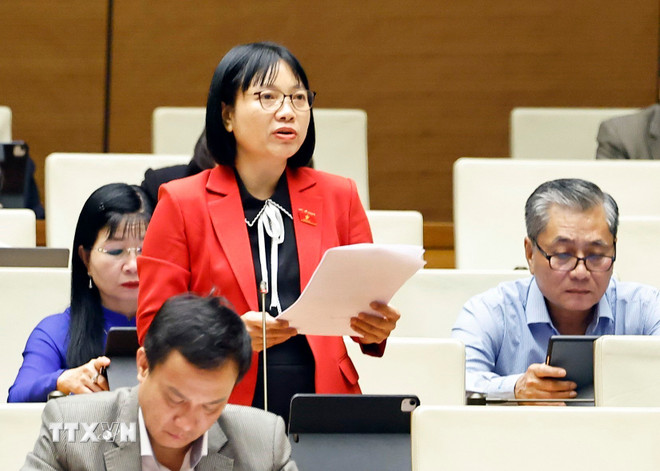
Ms. Nga said that reality shows that new growth drivers cannot spring up if the following three bottlenecks are not removed. First is the institution: overlapping laws, decentralization without assigning responsibilities, cumbersome administrative procedures, slowing down investment and innovation opportunities. Second is resources: capital for infrastructure, science and technology, digital transformation is still scattered; the ratio of spending on R&D is only about 0.5% of GDP, much lower than other countries in the region. Third is the quality of human resources: lack of highly qualified human resources, especially in the fields of technology, renewable energy, artificial intelligence, and big data analysis.
According to delegate Nguyen Thi Viet Nga, to unlock these bottlenecks, three main groups of solutions are needed. One is institutional breakthroughs, building a creative government, the law must go first, attaching personal responsibility in implementation, minimizing administrative intervention in the market. Two is designing strong enough financial mechanisms: national innovation fund; green credit; transparent public-private partnership (PPP) mechanism for strategic infrastructure; encouraging businesses to invest in technology and digital transformation. Three is developing human resources, linking training with market needs, creating an environment to attract talent, and encouraging cooperation between businesses - universities - research institutes.
“When institutions are clear, resources are strong enough and people are well prepared, growth drivers will be truly 'liberated', helping to improve productivity, competitiveness and affirm Vietnam's position in the new development stage,” said delegate Nguyen Thi Viet Nga./.
Source: https://www.vietnamplus.vn/chi-ro-han-che-dai-bieu-quoc-hoi-gop-y-thang-than-du-thao-van-kien-dai-hoi-dang-post1074894.vnp


![[Photo] Opening of the 14th Conference of the 13th Party Central Committee](https://vphoto.vietnam.vn/thumb/1200x675/vietnam/resource/IMAGE/2025/11/05/1762310995216_a5-bnd-5742-5255-jpg.webp)







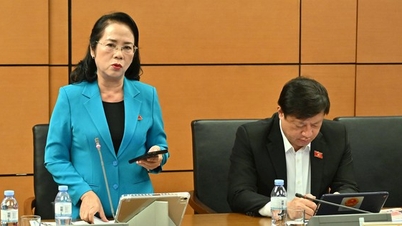






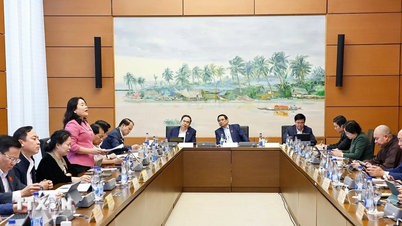
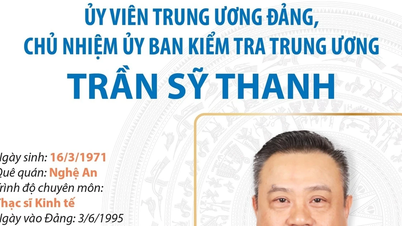
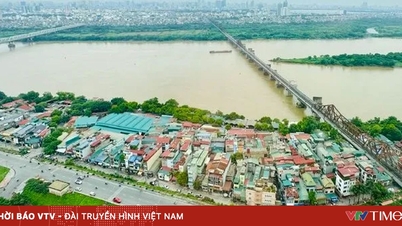
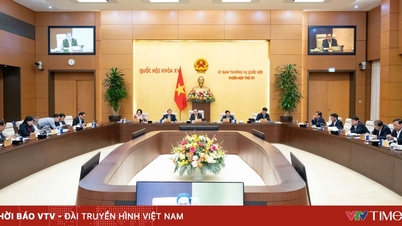

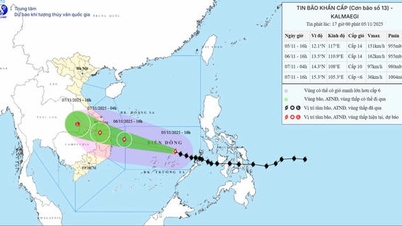





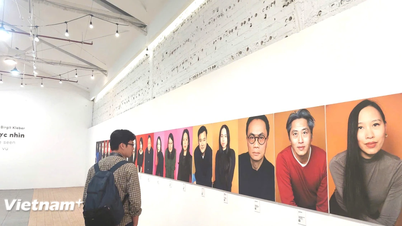



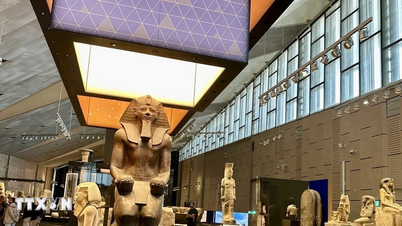
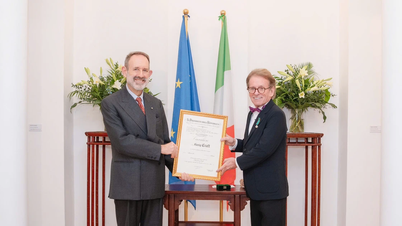
![[Photo] Panorama of the Patriotic Emulation Congress of Nhan Dan Newspaper for the period 2025-2030](https://vphoto.vietnam.vn/thumb/1200x675/vietnam/resource/IMAGE/2025/11/04/1762252775462_ndo_br_dhthiduayeuncbaond-6125-jpg.webp)


































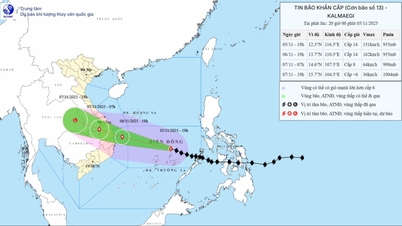














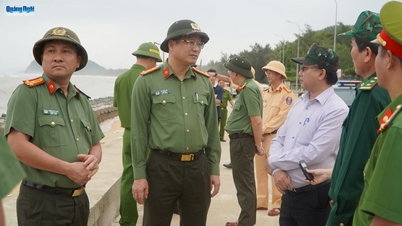
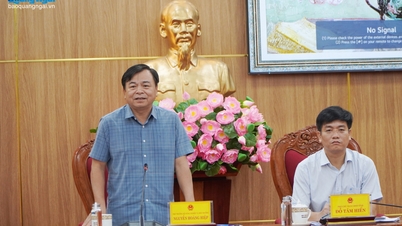


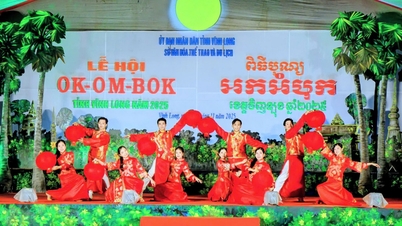














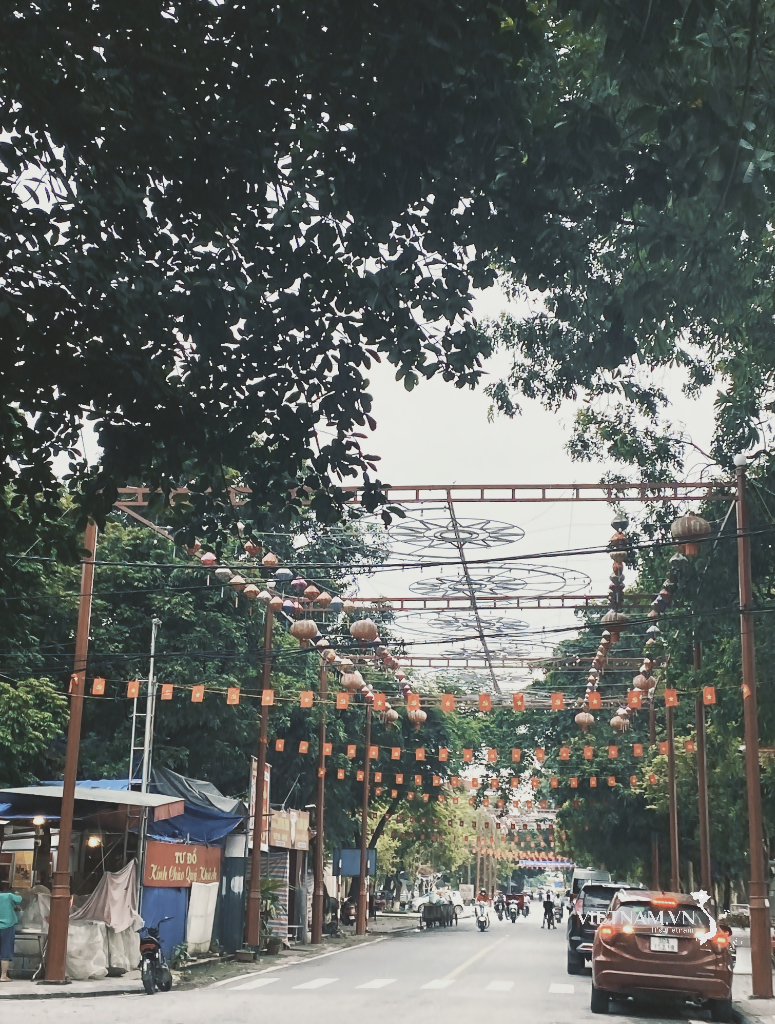
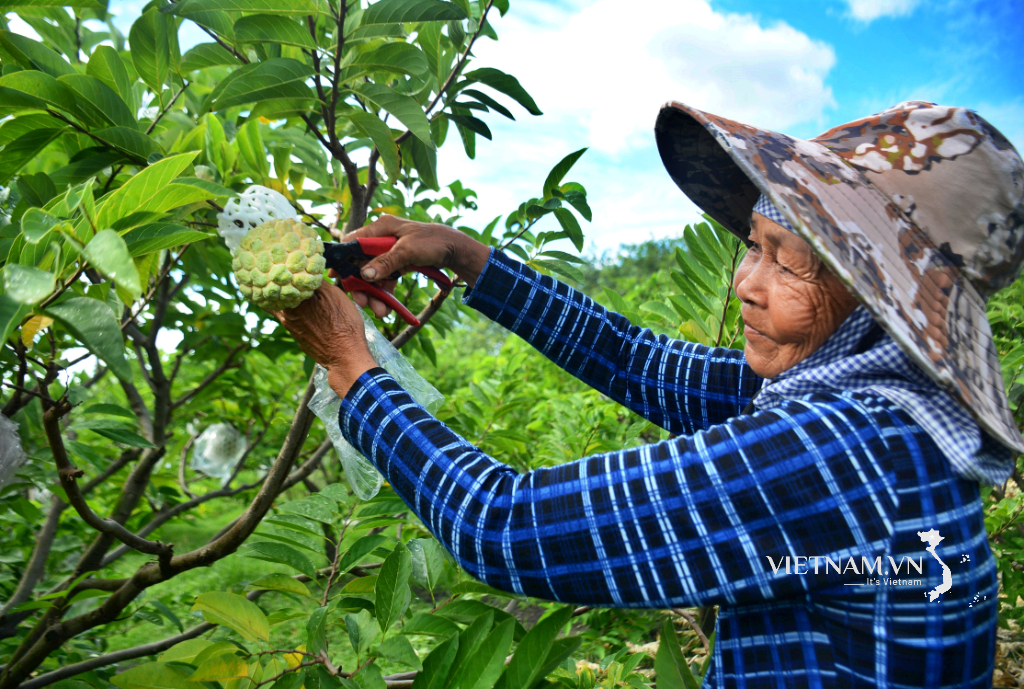
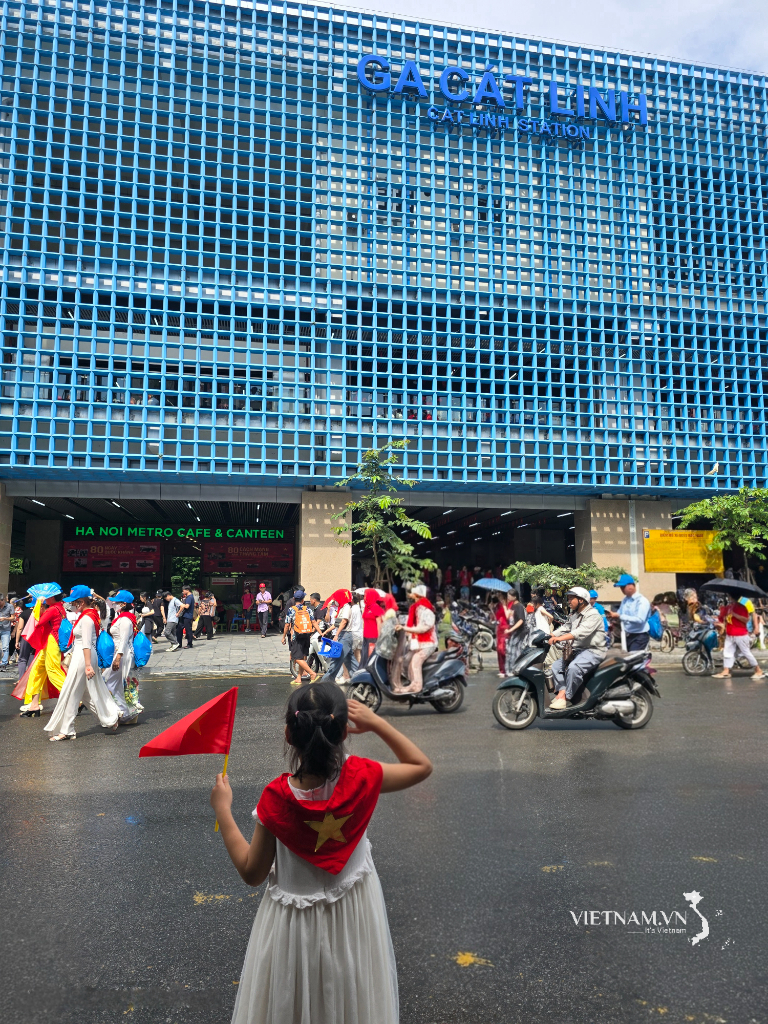

Comment (0)